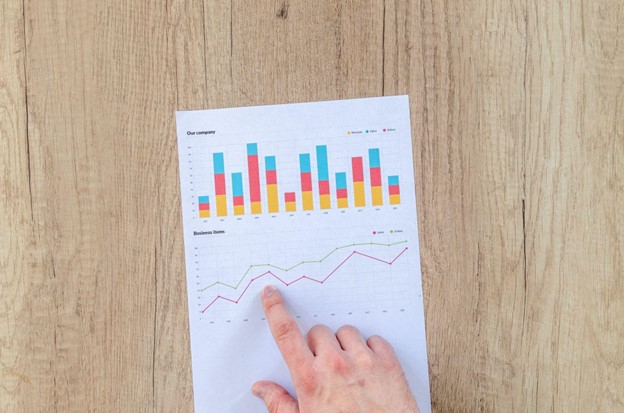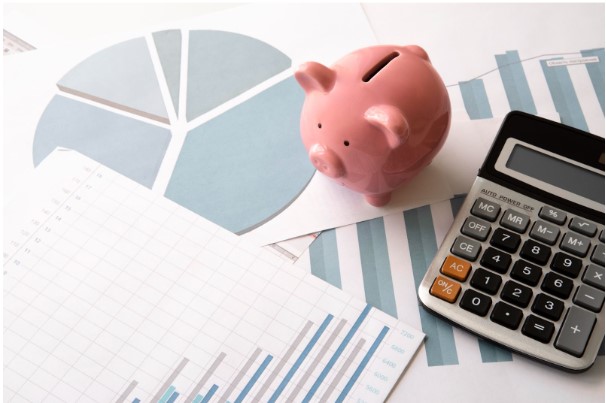
Every payday is a cause for celebration, a testament to your hard work and dedication. Yet, the joy is often short-lived as bills, expenses, and desires compete for a share of your earnings. What if you could stretch your paychecks a bit further, not by working more hours or securing a pay rise, but by employing clever saving and investment strategies?
Here are eight effective approaches to help you squeeze more value out of your pay stubs.
Understand Your Pay Stub
The first step to maximizing your earnings is understanding your paystub. Familiarize yourself with common terms like gross pay, net pay, withholdings, and deductions.
This knowledge will not only ensure that you’re receiving accurate payment for your services but will also reveal areas where you could potentially save. For instance, understanding your tax deductions can guide your decision to adjust your tax withholding if you consistently receive a large refund.
Create A Budget And Stick to It
A budget is an essential tool for managing your finances. It outlines your income, expenses, savings, and investments. When you know where your money is going, you can cut unnecessary costs and allocate more funds toward savings and investments.
Remember, the goal is to live within your means and not beyond it.
Prioritize An Emergency Fund
An emergency fund is a financial safety net that can cover unexpected expenses such as medical bills, car repairs, or job loss.
As a rule of thumb, aim to save at least three to six months’ worth of living expenses. This fund ensures you don’t have to dip into your savings or investments when emergencies strike.
Automate Your Savings
One of the easiest ways to save money is by automating the process. Many employers offer direct deposit of paychecks into multiple accounts. You can have a portion of your pay automatically deposited into a savings or investment account. This way, you save before you have a chance to spend.
Pay Yourself First
This is a popular personal finance philosophy that suggests you should put money into your savings or investments as soon as you receive your pay. This ensures that you prioritize your future financial security over current spending.
Invest In Your Retirement
If your employer offers a 401(k) match, maximize it. It’s essentially free money. Additionally, consider other retirement savings accounts like an IRA. The earlier you start investing for retirement, the more time your money has to grow.
Consider High-Yield Savings Accounts
While regular savings accounts offer minimal interest, high-yield savings accounts offer higher interest rates, making your money work harder for you. Although the returns won’t make you a millionaire overnight, it’s a step in the right direction.
Invest In Low-Cost Index Funds
For those new to investing, low-cost index funds are a great starting point. They offer a diversified portfolio and are cheaper than managed funds. As a beginner, you should aim to build wealth gradually and sustainably.
In Conclusion
Implementing these strategies may seem daunting at first, but remember, financial management is a marathon, not a sprint. By understanding your pay stub, creating a budget, establishing an emergency fund, automating your savings, paying yourself first, investing in your retirement, considering high-yield savings accounts, and investing in low-cost index funds, you can make your paychecks work harder for you.
Image source: Pexels.com
Read More
What Credit Score Do I Need For Care Credit?


